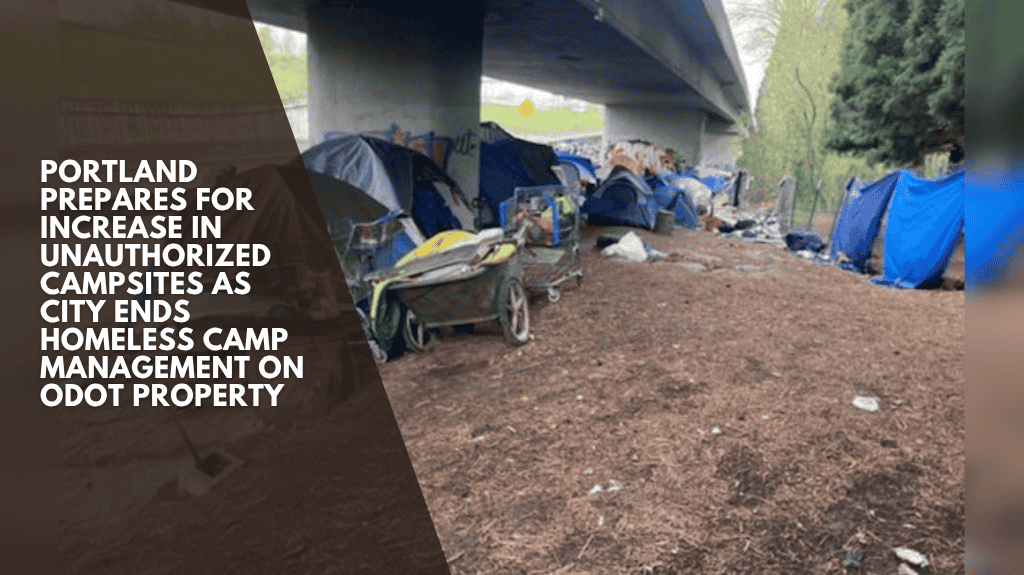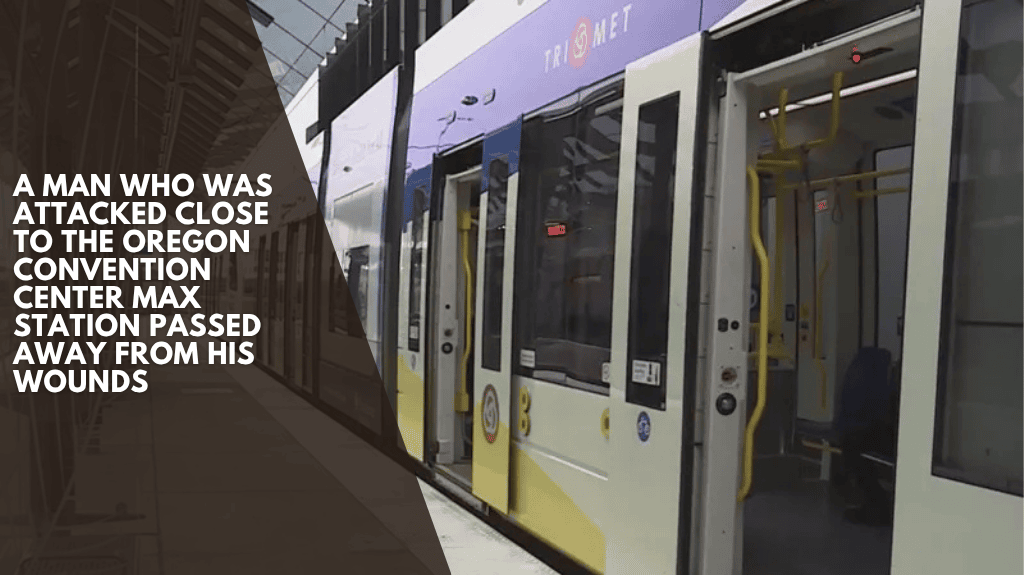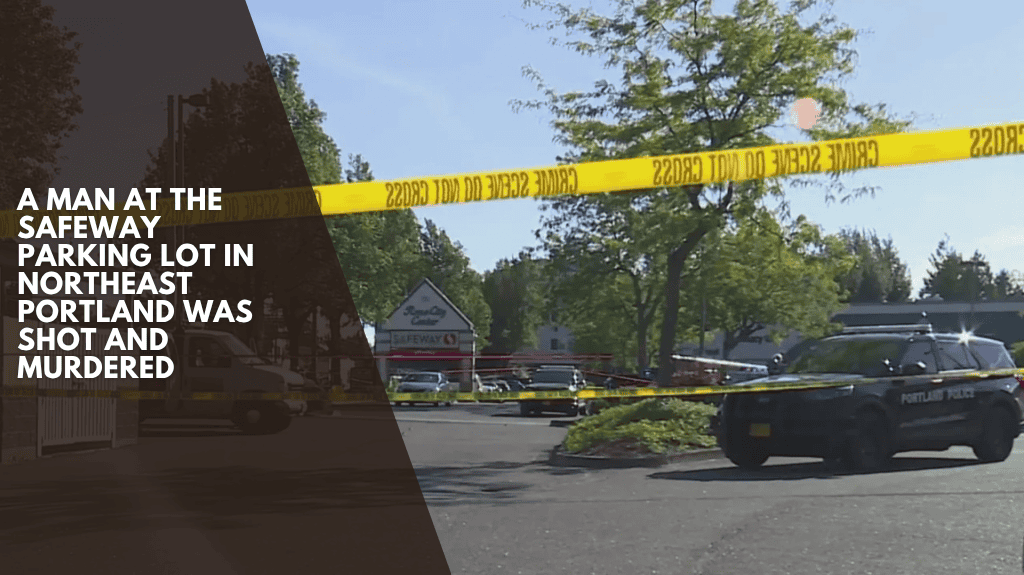The end of a partnership between the Oregon Department of Transportation (ODOT) and the City of Portland is expected to result in an increase in unsanctioned campsites on Portland streets.
The previous agreement, in effect since 2019, allowed the City of Portland’s Impact Reduction Program (IRP) to manage campsites on ODOT properties.
According to a City of Portland statement, the intergovernmental collaboration came to an end due to funding constraints after the Oregon State Legislature failed to pass a key transportation bill at the end of the session.
As a result, ODOT will resume control over camp removals, albeit at a lower service level than previous efforts. The change is expected to increase the presence of camping, along with trash and debris, within city highway jurisdictions.
The City of Portland’s online campsite reporting tools will no longer cover areas on ODOT property; instead, city residents should report such sites to ODOT directly by phone or online.
For those on the streets, the procedural shift has real consequences. Portland’s previous approach to campsite removals, which was characterized by clear guidelines and a dedicated property retrieval system, will be replaced by ODOT policies.
These policies, while similar, have distinct procedural differences. According to the City of Portland, ODOT policies require at least ten days’ notice of camp removals, with response times varying depending on whether the site is in a designated “No Trespass” zone.
People living in such camps under ODOT’s supervision will need to keep an eye out for signs indicating impending cleanups and adapt to new personal property retrieval procedures. ODOT has designated a contact number and different retrieval locations than the city’s services.
Individuals camping on state property who have previously received notice from the city but have not yet seen action are advised to prepare for possible removal by ODOT contracted crews, as their camps may be re-posted for cleanup.












